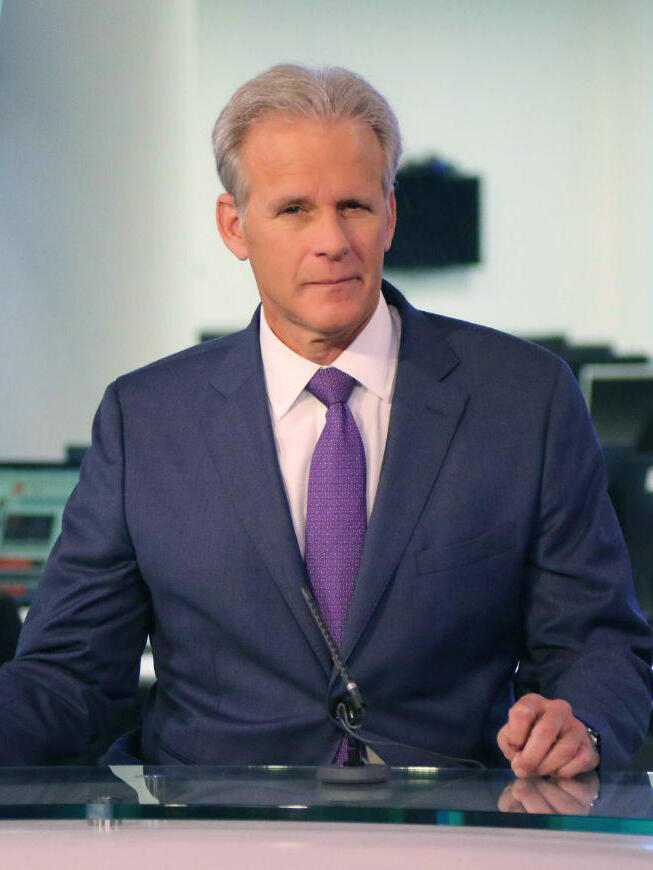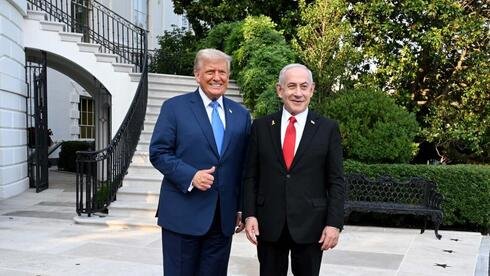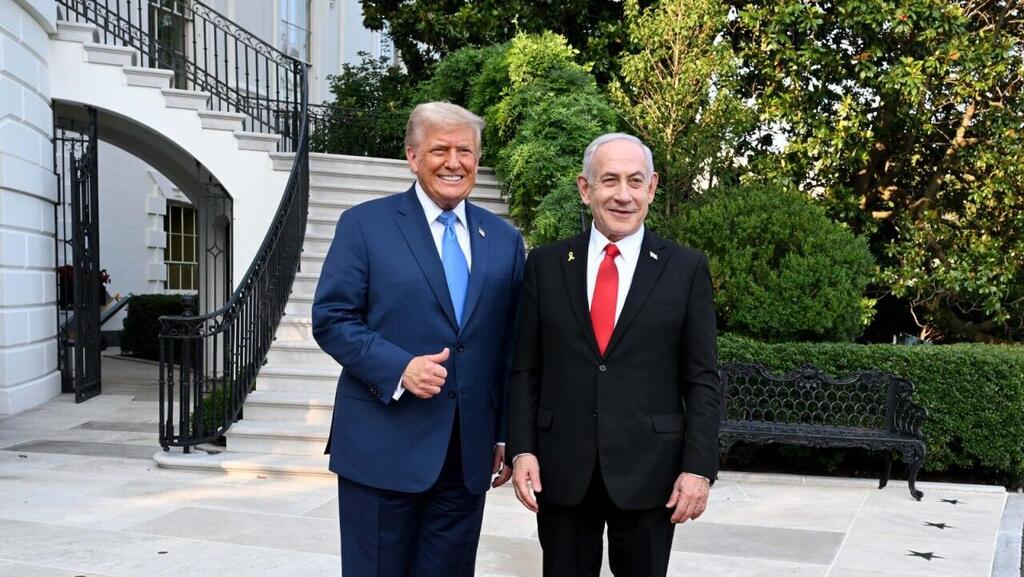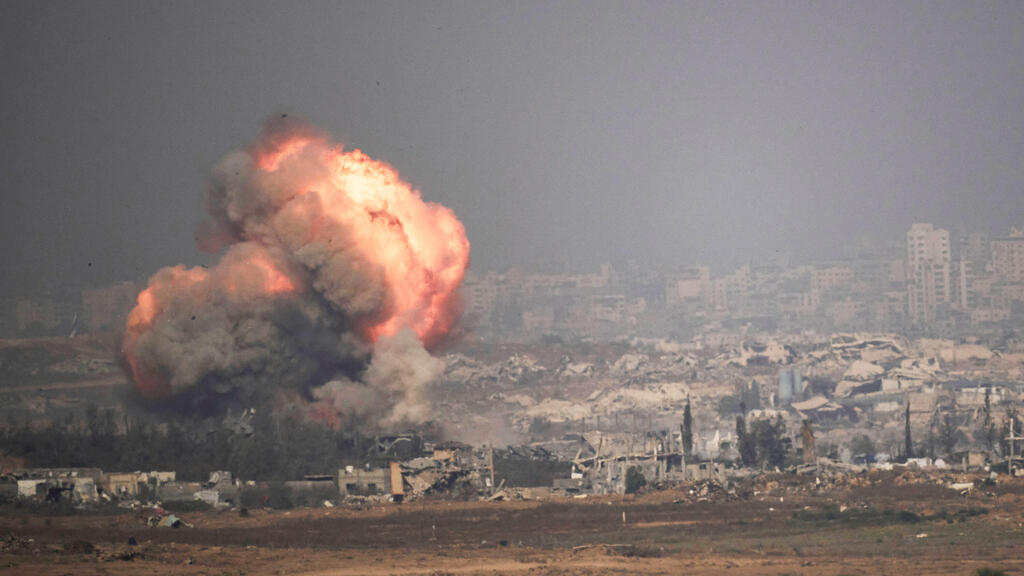The Israeli media spent much of Monday speculating about the reasons why the summit between Prime Minister Benjamin Netanyahu and President Donald Trump was postponed from lunchtime to the evening. “Was it because Trump is angry at Bibi?” Several analysts wondered.
“Are we witnessing the beginning of a crisis?” The commentators in Israel, deeply embroiled in our own non-stop news cycle, overlooked that the reason for the postponement was the terrible flood that claimed the lives of more than 100 people in Texas, nearly a third of them young girls at a summer camp. While the American people mourned, it would have been improper to hold a celebratory reception for any foreign leader.
But if there is anything I have learned from my time in Washington at meetings behind closed doors it's that there is another, strategically crucial, reason to keep the meeting low profile and to say little about it afterward. Likely discussed in the White House was nothing less than the total transformation of the Middle East.
As Netanyahu knows well, the president deserves a Nobel Prize for making peace between Israel and Saudi Arabia, but the Saudis won’t negotiate as long as the IDF is fighting in Gaza. So Trump wants a ceasefire that’s acceptable not only to the U.S. and Israel but also to Hamas.
He can compel Qatar to pressure the terrorists but also press Netanyahu to show more flexibility on the extent of the IDF withdrawal and the distribution of humanitarian aid. The ceasefire can be agreed on not with the end of the war as Hamas demands but with “talks on ending the war”—a more equivocal term that would leave Israel the option renewing the fighting. Netanyahu can be further enticed by being able to purchase a B2 bomber complete with bunker buster bombs. Such a deal would be a strategic game-changer for Israel.
But beyond a Gaza ceasefire, the key to the regional transformation remains America’s continued commitment to deter Iranian aggression. Though badly battered by Israel and the United States, Iran will certainly try to recover from Operation Rising Lion and Operation Midnight Hammer—first by sending armed bands across our northern border and soon by trying to rebuild Fordow.
Trump can preempt such aggression by determining the parameters that would allow Israel to hit the head of the snake and continuing to provide us the tools to do so. With Gaza contained and Iran deterred, the path to peace not only with Riyadh but also with Beirut and Damascus will be open.
 Michael Oren Photo: Avi Moalem
Michael Oren Photo: Avi MoalemFree for the first time in decades from Iranian rule, Lebanon can receive assurances from Trump that Hezbollah will never again threaten its sovereignty. Here, too, the president can give Israel the green light to continue to strike Hezbollah whenever necessary. He can offer Lebanese leaders the military and financial backing they need to make peace with Israel.
Trump can also guarantee Syria’s continued independence from Iran along with further relief from U.S. sanctions. An expert real estate developer, he can initiate the rebuilding of Syria’s cities. Trump can do all that in exchange for Syria’s agreement to a non belligerency treaty with Israel as a first step to normalized relations and peace.
All these crucial issues were on the table during yesterday evening’s summit in the White House. The complexity and delicacy of the discussion, along with the tragedy in Texas, was the real reason for its low profile. If successful in making a new and peaceful Middle East, President Trump will not win won but an entire row of Nobel Prizes.
Michael Oren is an author and former Israeli ambassador to the United States.



